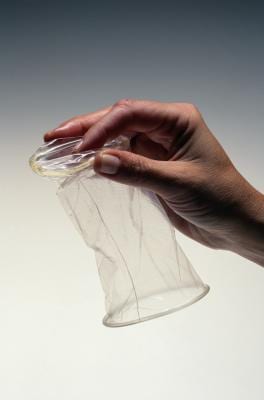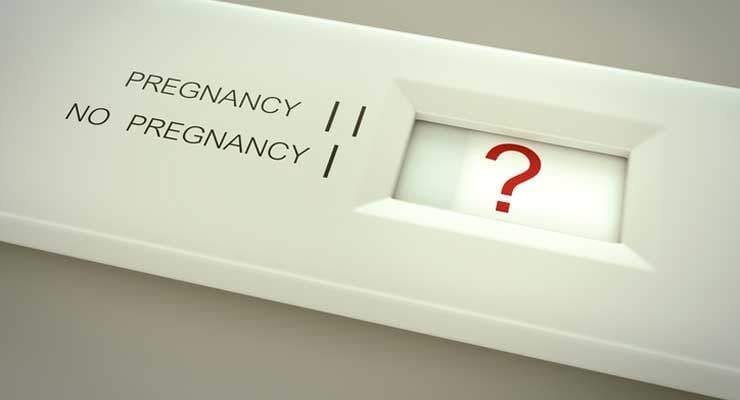Search Results for: condoms
Bowl of Condoms in My Bathroom?
Not surprisingly, recent headlines about free birth control really caught Americas attention.
Condoms For Women
The female condom is a barrier birth control option, meaning it physically blocks the sperm from reaching the egg. Barrier methods, like the female condom, also reduce the risk of contracting a sexually transmitted disease. Female condoms are typically made from either latex or polyurethane and go inside the vagina during sexual intercourse.
How to Increase the Effectiveness of Birth Control Condoms
Condoms are an accessible, convenient and easy method of birth control. Available in latex, polyurethane and natural lambskin varieties, condoms come in various sizes and styles. With proper use, condoms are quite effective, with only a 2 percent failure rate. Actual use failure rates are closer to 15 percent, according to Contracept.org. Make condoms a more effective birth control option by using them correctly every time you have sex.
How Many Times Can Someone Take the Plan B Pill?
The Plan B pill is emergency contraception that can be used up to 72 hours after a birth control failure or unprotected sex. Plan B is Levonorgestrel taken in two doses 12 hours apart. Women over 18 can purchase Plan B from their pharmacist without a prescription, making it a safe and accessible option when you are concerned about the possibility of pregnancy. Learn the risks of Plan B, the benefits, and how and when to use Plan B.
How Soon Can You Get Pregnant After Stopping the Pill?
Like many women, you may be waiting for the best time to get pregnant. Birth control methods help prevent unplanned pregnancies. The birth control pill, a method used by many women, works by altering your hormones. Like condoms, spermicidal creams and diaphragms, this temporary method of birth control allows women to decide when they want to become pregnant. Knowing how long the hormones can affect your fertility will help you plan when to stop taking this form of birth control.




